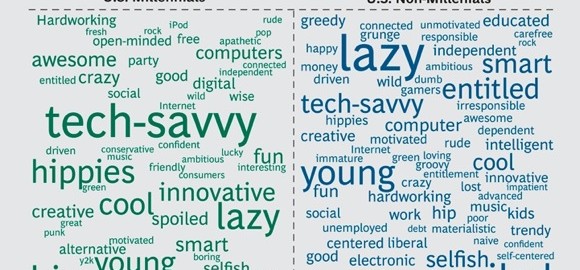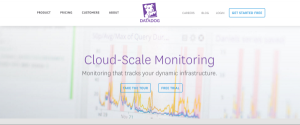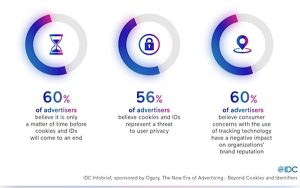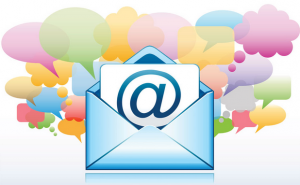
Less than one-third (31.5%) of U.S. workers were engaged in their jobs in 2014, according to a 2015 Gallup poll. Here’s how Gamification can improve that metric.
Looking for a new form of Monday Motivation? Gamification may be your answer.
According to a recent survey, 78% of workers are utilizing games-based motivation at work, via performance-based contests, leaderboards, etc.
More importantly, nearly all workers (91%) say these systems improve their work experience by increasing engagement, awareness, and productivity.
A New Frontier In Employee Productivity
Game-based motivation — including competitions, goal-setting, performance rewards, success statistics, and status recognition — appeals to workers, with 95% of participants saying that they enjoy using gamification.
According to the findings, gamification increases productivity levels for 90% of workers and increases awareness of co-workers’ goals and tasks for 86%.
The top benefits of gamification, according to survey respondents, are increased engagement at work, inspiration to be more productive and increased focus and ability to stay on task. (30%, 27%, and 20%, respectively).
Beyond increasing workplace productivity and engagement, game-based motivation has proven incredibly successful at motivating employees.
The survey revealed that only 31% of employees are most motivated by monetary awards or increased salary.
The other 69% of employees? They find the most motivation in one of the following: High performance, feelings of professional satisfaction, on-the-job recognition, the support of their colleagues, and advanced learning opportunities.
The survey also finds that younger generations have heightened expectations for their workplaces to utilize gamification as a motivational tool.
Nearly 75% of survey respondents aged 22-35 years say gamification should be expected in a modern organization. More than half of survey respondents aged 36-55 share that outlook.

And across all age groups, 72% of survey respondents asserted that putting gamification solutions in place would inspire them to work harder.
There may be additional benefits to gamification, according to a recent Inc. article.
“Employees who undergo a structured onboarding experience are 58 percent more likely to remain with a company for at least three years. Using gamification in your onboarding process can contribute to greater engagement, and therefore greater retention.”
According to Badgeville, survey participants were a mix of managers (60%), mid-level employees (20%), executives (16%), and entry-level employees (4%).
For more information on how Ambition can help your sales team improve its employee ramp, productivity, and retention, check out our case study in the Harvard Business Review.
(229)
Report Post






